Trump sets date for next call with Putin as ceasefire talks advance
- Update Time : Tuesday, March 18, 2025

US President Donald Trump has announced that he is set to hold a telephone conversation with Russian President Vladimir Putin on March 18 to discuss ongoing negotiations aimed at securing a peace agreement in Ukraine. The Kremlin has yet to confirm the call, but Trump, speaking aboard Air Force One on March 16, suggested that significant progress had been made over the past several days.
During his remarks, Trump indicated that the conversation with Putin would focus on major aspects of the war, including territorial disputes and control over energy infrastructure. “We will see if we have something to announce maybe by Tuesday. I will be speaking to President Putin on Tuesday. A lot of work’s been done over the weekend. We want to see if we can bring that war to an end. We will be talking about land. We will be talking about power plants,” Trump told reporters, as quoted by the Associated Press (AP).
The call is expected to be a crucial step in the ongoing negotiations, particularly as US and Russian officials continue to seek a viable ceasefire agreement. US special envoy Steve Witkoff, who recently traveled to Moscow for discussions with Putin, has described the negotiations as “positive” and noted that the warring sides are “a lot closer” to reaching a settlement than before.
Trump’s announcement follows an increased level of diplomatic engagement between Washington and Moscow, which began with the first formal call between the two leaders in years on February 12. Since then, several high-level meetings have taken place, including a significant round of discussions in Saudi Arabia on February 18. These talks resulted in an agreement to establish dedicated teams to work on resolving the Ukraine conflict, reopen diplomatic missions, and address other key issues in bilateral relations.
In another major development, US Secretary of State Marco Rubio held a phone conversation with Russian Foreign Minister Sergey Lavrov on March 15, during which they discussed steps to improve direct communication between Washington and Moscow. This call further signaled a shift in approach, as both sides appear more willing to engage in diplomatic efforts to end the war in Ukraine.
The most recent breakthrough in negotiations came after a series of meetings in Jeddah, Saudi Arabia, where Ukraine agreed to a 30-day ceasefire. Following this agreement, Witkoff traveled to Moscow on March 13 to personally brief Putin on the details of the proposal. While the Russian president welcomed the ceasefire in principle, he maintained that certain issues still needed to be addressed before a final deal could be reached.
Among the primary concerns for Russia is the fate of Ukrainian forces encircled in Russia’s Kursk Region. While details of Witkoff’s discussion with Putin remain undisclosed, Trump hinted at progress, stating that the White House had received “some pretty good news” regarding the ceasefire efforts. He also characterized the recent US-Russia talks as “very productive.”
Trump’s comments suggest that territorial considerations will play a significant role in his upcoming discussion with Putin. One of the most contentious points in negotiations has been the status of Russian-controlled territories in eastern Ukraine and the broader implications for Ukraine’s sovereignty.
Additionally, Trump emphasized that power plants would be a key topic in the talks. Ukraine’s energy infrastructure has been a strategic target throughout the war, with both sides struggling to secure and maintain control over key assets. The restoration of energy stability in Ukraine could be a critical factor in determining the success of any long-term ceasefire agreement.
Despite the optimism expressed by Trump and US diplomats, skepticism remains over whether a final peace agreement can be reached in the near term. Russia’s conditions for a ceasefire, including Ukraine’s potential recognition of lost territories and security guarantees, remain major sticking points. Meanwhile, Ukraine’s leadership has previously insisted that any deal must include a full restoration of its pre-2014 borders.
Furthermore, the political landscape in Washington could complicate Trump’s efforts. With his political rivals questioning his approach to Russia, any agreement that appears too favorable to Putin is likely to face resistance within the US government. Trump’s critics have frequently accused him of being too conciliatory toward Moscow, and his direct engagement with Putin will undoubtedly draw scrutiny.
While the upcoming call between Trump and Putin may not result in an immediate peace deal, it marks another step in a series of negotiations aimed at de-escalating the war in Ukraine. The ceasefire agreement reached in Jeddah, coupled with continued diplomatic outreach from both Washington and Moscow, suggests that the conditions for a broader settlement are gradually taking shape.
For now, all eyes will be on the March 18 conversation between the two leaders. Whether this call will lead to a concrete breakthrough remains to be seen, but it is clear that diplomacy is once again taking center stage in efforts to resolve one of the world’s most pressing conflicts.


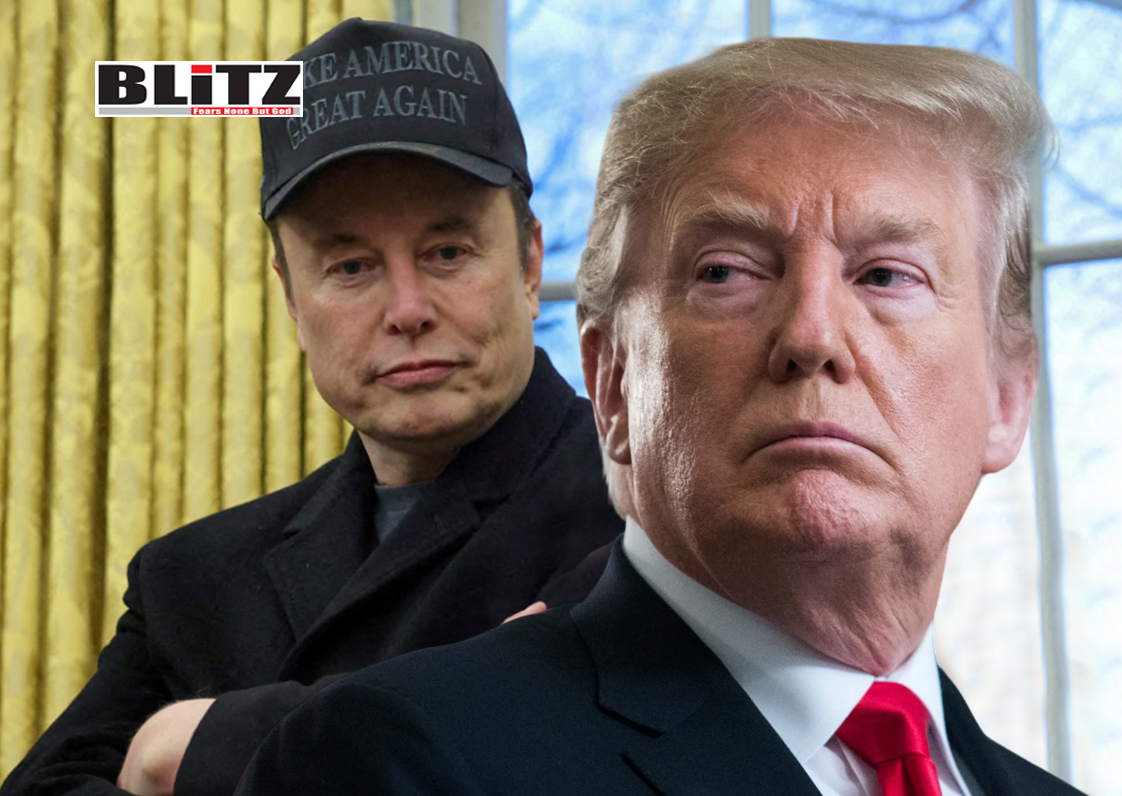
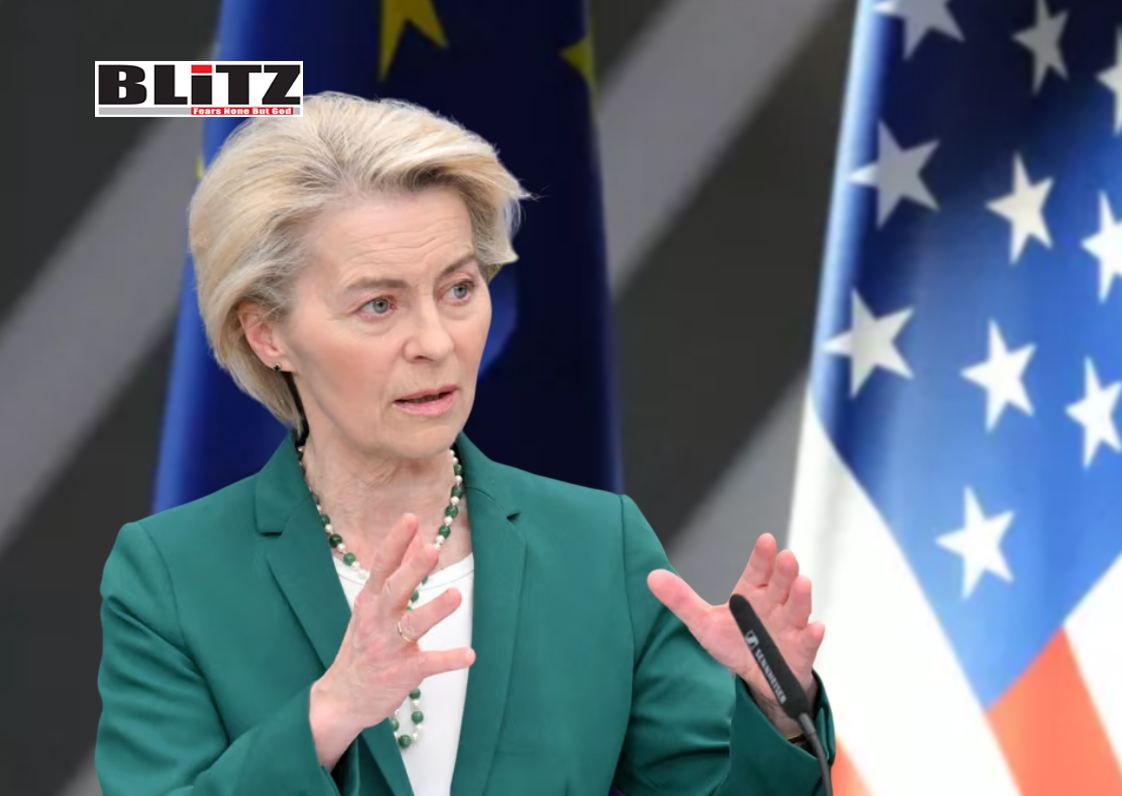


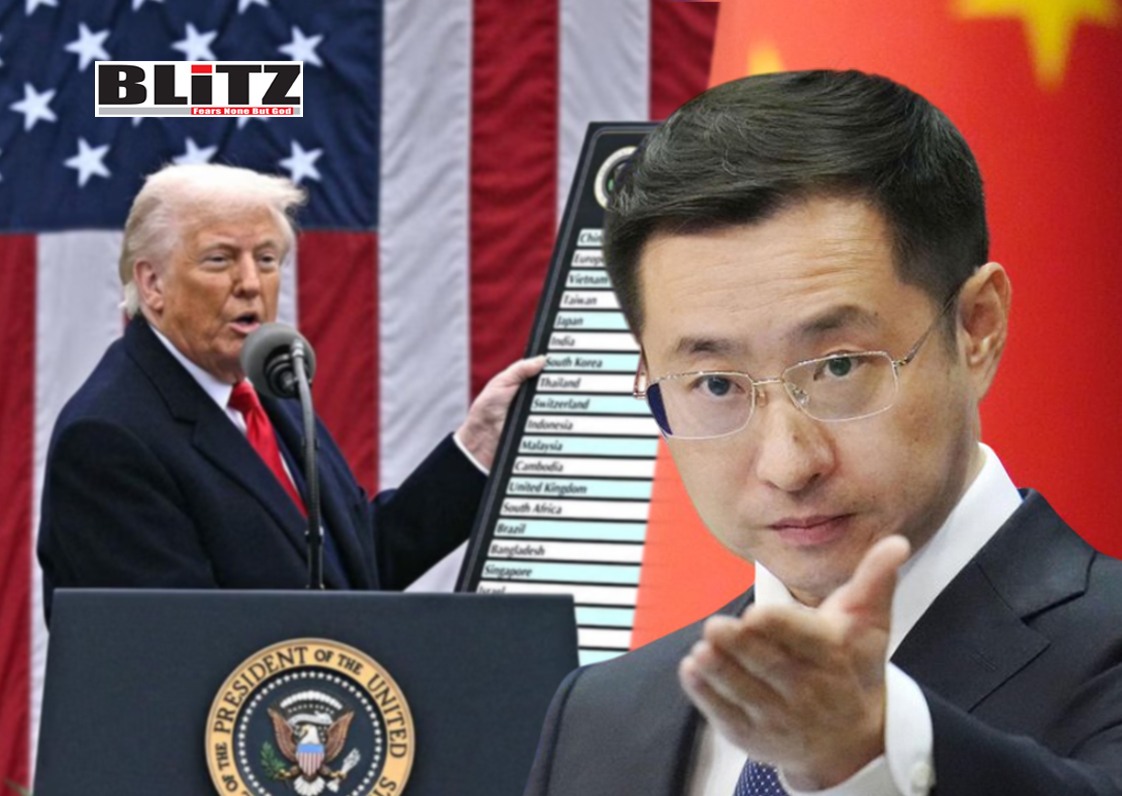
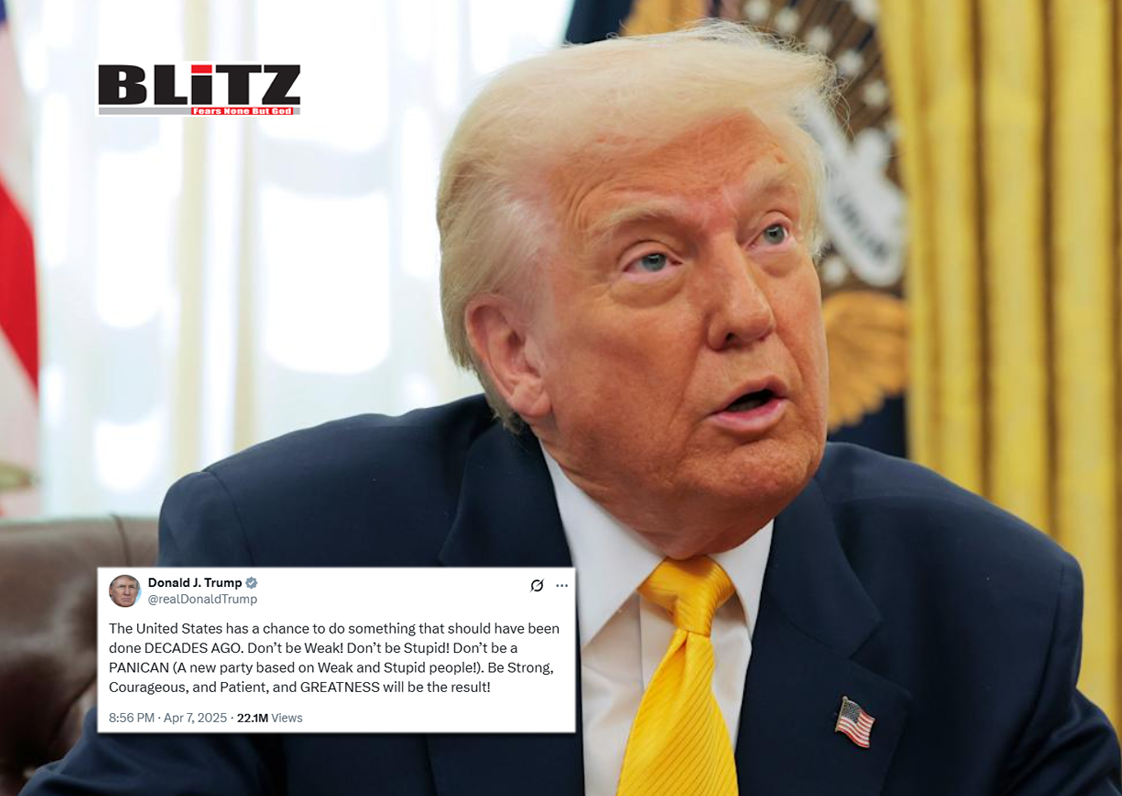
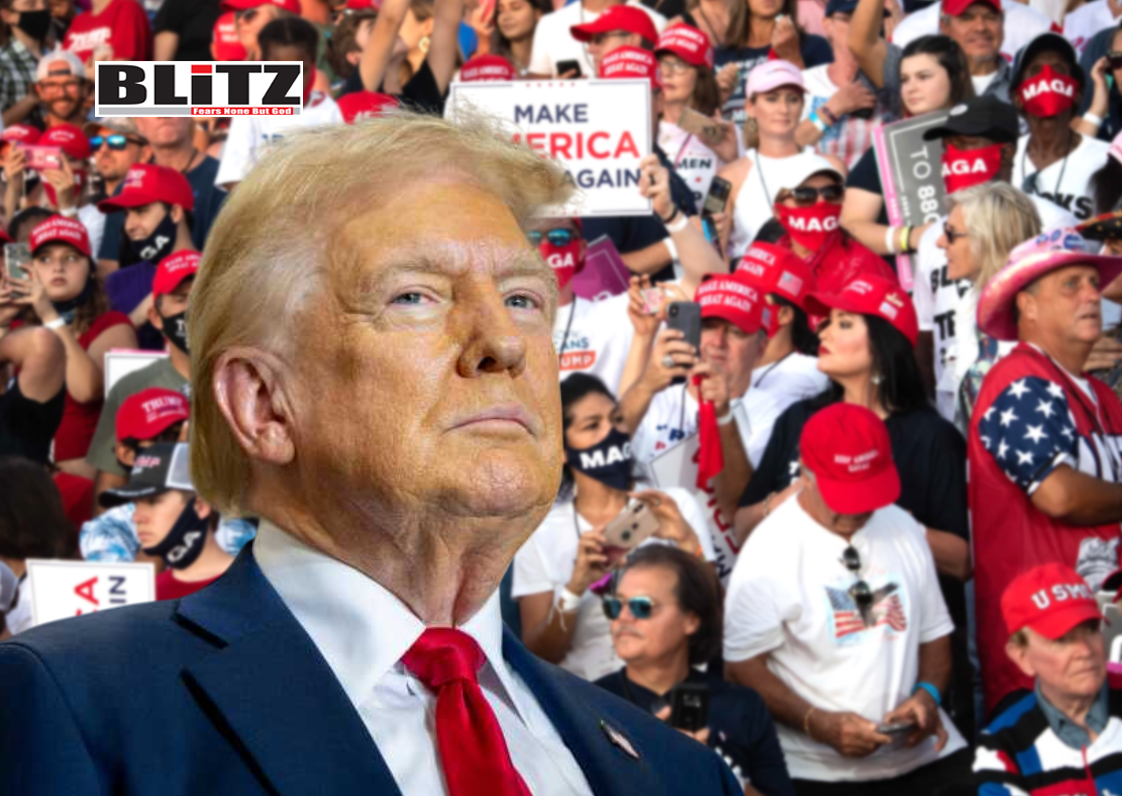
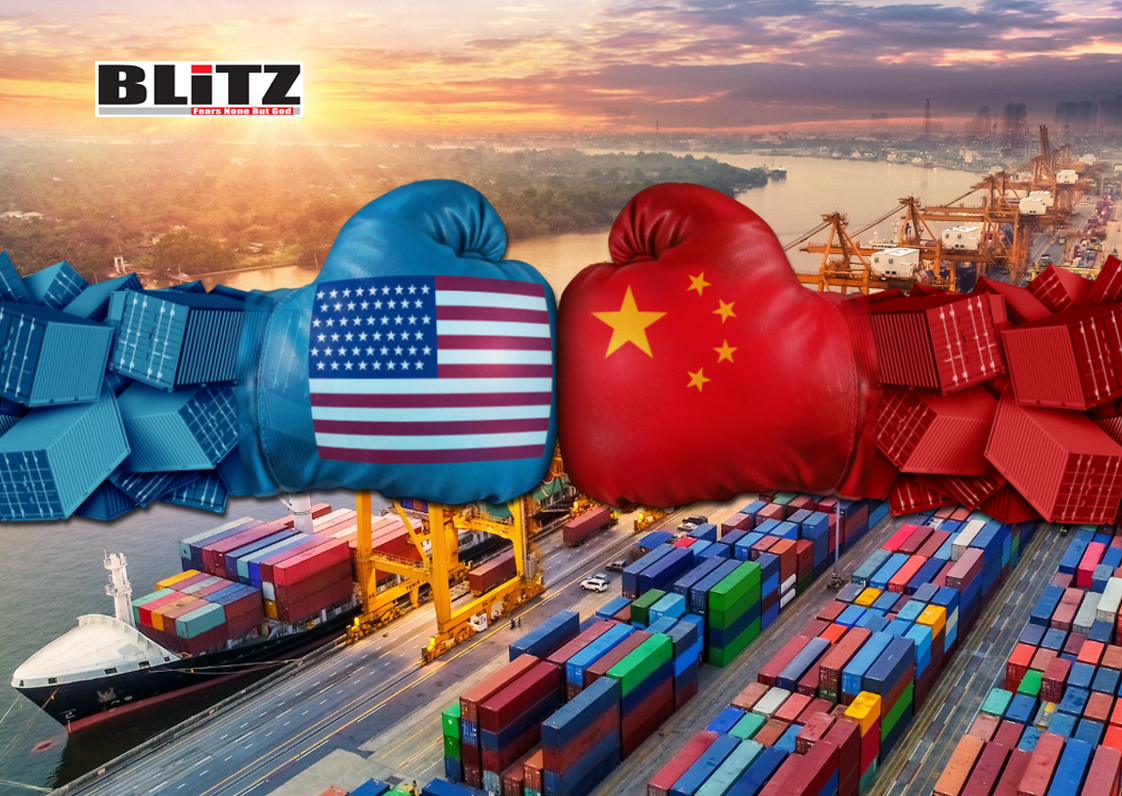
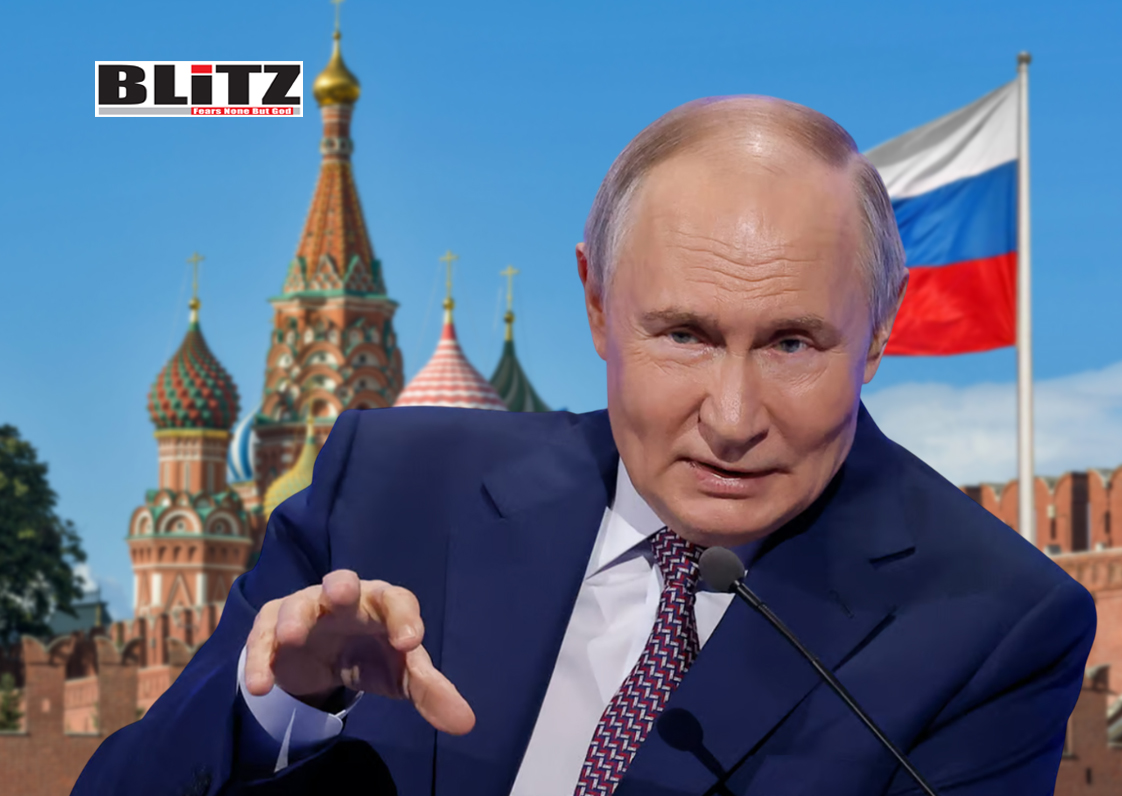
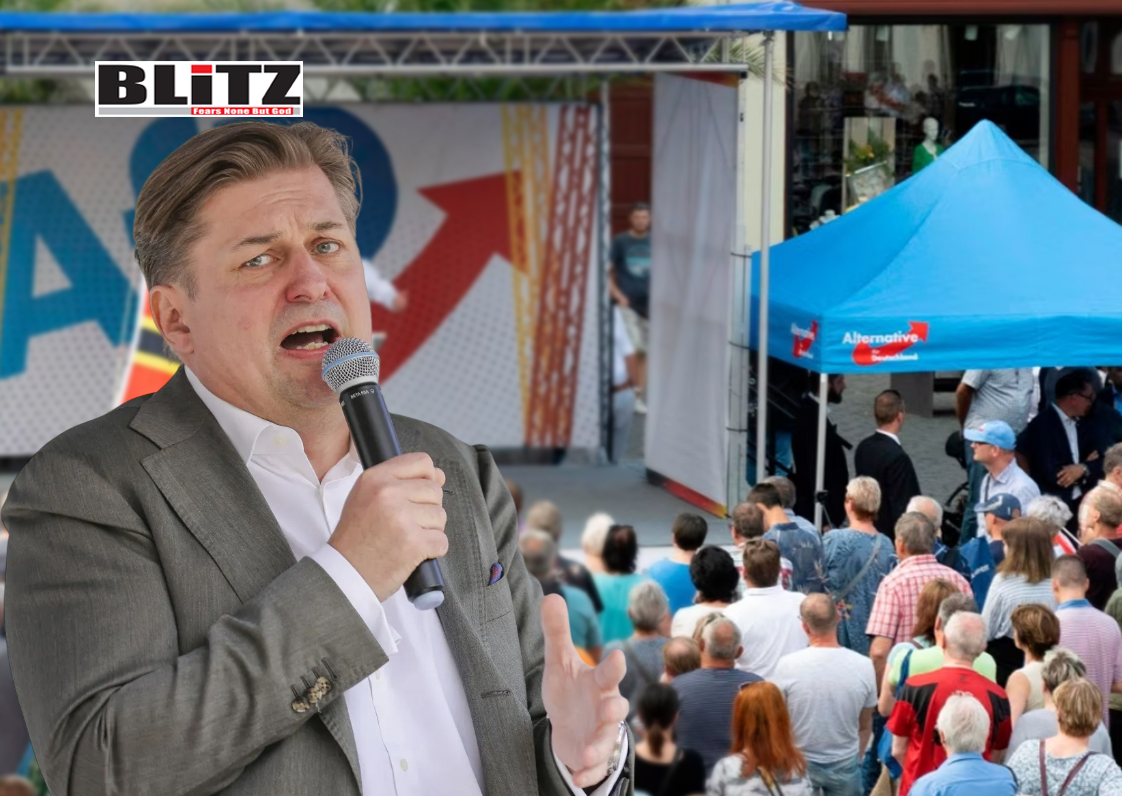
Leave a Reply